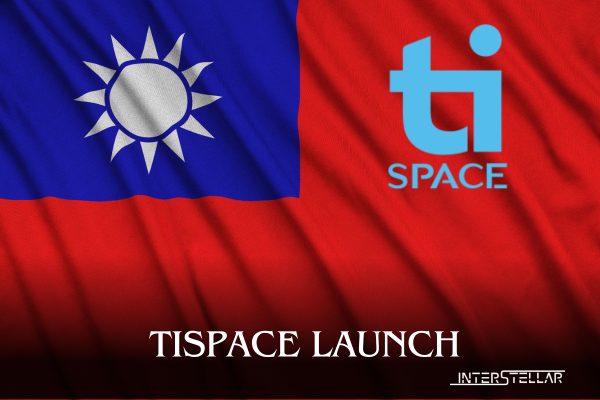Taiwanese Startup TiSpace Aims for Historic Rocket Launch from Japan
Pioneering Launch from Japan
A Taiwanese startup, TiSpace, is set to make history as the first foreign firm to launch a rocket from Japan by early next year. This endeavour aligns with Tokyo’s ambitions to transform into a leading space hub in Asia. However, the planned suborbital launch by TiSpace has encountered regulatory challenges and delays. These issues have sparked debate over Japan’s approach to incorporating overseas businesses into its strategy to double the size of its 4 trillion yen ($26 billion) space industry over the next decade.
Overcoming Challenges and Gaining Support
Founded in 2016 by current and former officials from Taiwan’s space agency, TiSpace has yet to achieve a successful launch. The company’s most recent attempt, via its sister company AtSpace in Australia in 2022, failed due to an oxidiser leak. Despite these setbacks, TiSpace remains optimistic. Chairman Yen-sen Chen believes this upcoming launch in Japan could attract more international customers, should it proceed smoothly.
TiSpace is awaiting one final regulatory approval: a radio permit. This will allow the launch of their 12-metre (39 ft) sounding rocket, which aims for a test launch by early 2025. Sounding rockets reach space but do not achieve orbit. Analysts speculate that launching a Taiwanese rocket in Japan might draw China’s attention, given its claims over Taiwan. However, TiSpace has not encountered any concerns from China so far.
Japan’s Position and Future Prospects
Japan’s Cabinet Office supports free economic and research activities within legal limits. This stance is reflected in their interaction with TiSpace, highlighting Japan’s openness to international cooperation in the space sector. TiSpace’s endeavour has garnered support from Japanese space businesses, especially in Taiki, Hokkaido. Local officials view this project as a symbol of Taiwan-Japan friendship and a boost for their emerging “space Silicon Valley.”
Japan’s government has ambitious goals for its private space industry, aiming to be worth over $50 billion by the early 2030s, with 30 rocket launches annually. However, a senior Japanese official noted that foreign companies launching orbital payloads would face strict government scrutiny and regulatory hurdles.
Evolving Space Industry Dynamics
Japan’s Space Activities Act does not currently govern suborbital launches like TiSpace’s, so central government approval is not required for the launch. However, revisions to the law are anticipated to cover suborbital flights and reusable rockets, though these changes are expected to take years.
Some Japanese officials, like Motoko Mizuno, an opposition lawmaker and former JAXA official, are cautious about opening Japan’s space sector to foreign companies due to potential price competition. Meanwhile, Japan is negotiating a space technology safeguards agreement with the United States, which could facilitate U.S. commercial launches in Japan.
Despite JAXA’s long history of launching domestically developed rockets, Japan’s private rocket industry is still developing. For instance, Space One’s inaugural launch ended in failure, while Interstellar Technologies succeeded with a sounding rocket in 2019 but has not yet achieved an orbital launch.
Future Opportunities and Collaborations
TiSpace’s potential success could lead to an expansion of its manufacturing capacity in Japan to serve local customers. Hokkaido-based Letara has already shown interest in collaborating with TiSpace to test its satellite propulsion system in space.
Globally, over 50 spaceports are under construction, but experts predict only a few will be successful and self-sustaining long-term. TiSpace’s progress in Hokkaido represents a promising development for overseas space businesses utilising Japanese spaceports. This international cooperation could significantly bolster Japan’s position as a space industry leader in Asia.





